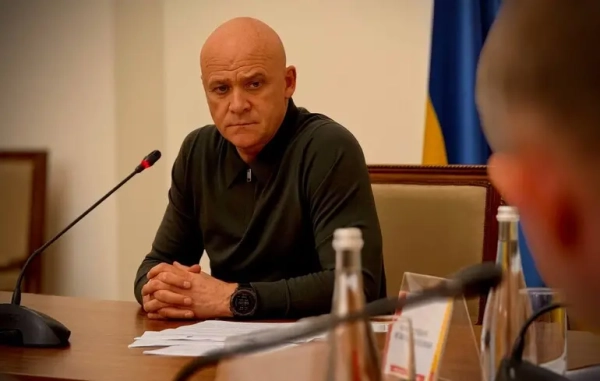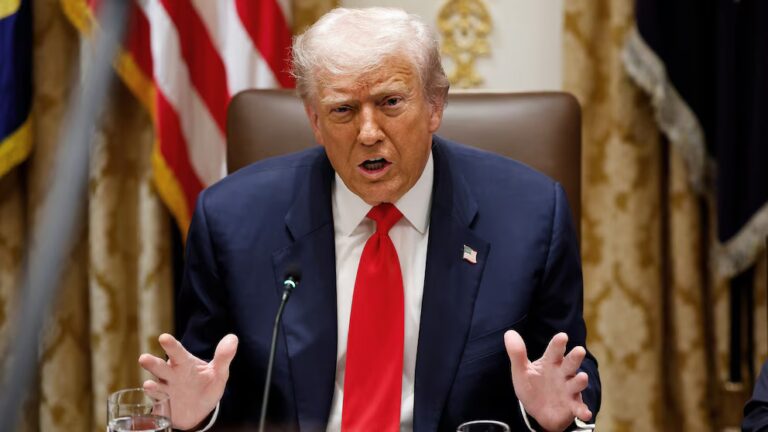The Supreme Court on Friday will hand down its final opinions of the term, including highly-anticipated decisions on student loan forgiveness and free speech and LGBTQ+ protections.
The justices will issue decisions at 10 a.m. ET to finish the term it began back in October. Three cases remain out of the 59 argued.
Their rulings will decide the fate of tens of millions of Americans with federal student loans and have an impact on free speech rights and LGBTQ+ protections.
Already this week, the court handed down blockbuster decisions on affirmative action and election law.
MORE: Supreme Court effectively ends affirmative action at colleges in landmark ruling
The court's conservative majority on Thursday struck down race-conscious admissions policies at Harvard University and the University of North Carolina as unconstitutional, effectively ending decades of legal precedent and reshaping the college admissions process in the U.S.
On Tuesday, the court strongly rejected the "independent state legislature" theory, a fringe legal concept that threatened to upend state election laws around the nation if adopted in its most extreme form.
Here's a closer look at the three remaining cases:
Student loan forgiveness
The Supreme Court will rule on two challenges to President Joe Biden's student debt forgiveness plan, one brought by six Republican-led states and the other by two individual borrowers.
The cases are Biden v. Nebraska and Department of Education v. Brown.

The U.S. Supreme Court is seen on June 23, 2023 in Washington, D.C.Kevin Dietsch/Getty Images
Biden's plan, which invoked emergency powers because of the economic hardship brought by the pandemic, would cancel $10,000 in student debt for all borrowers who make less than $125,000 and up to $20,000 for borrowers who also received Pell grants while they were in school.
Challengers contend the administration exceeded its authority while also unfairly excluding Americans who don't qualify and costing loan servicers revenue.
The court appeared wary of the administration's assertion the Department of Education had the power to unilaterally waive $400 billion in debt.
"We take very seriously the idea of separation of powers and that power should be divided to prevent its abuse," Chief Justice John Roberts said during arguments back in February.
But questions remained on whether the plaintiffs even had legal standing to sue the administration and how they would be injured by the policy.
The White House, asked about the court's pending decision earlier this week, continued to decline to say what a "Plan B" would look like.
First Amendment and LGBTQ+ protections
In 303 Creative LLC v. Elenis, the justices are being asked to resolve a case that pits the First Amendment right to free speech against legislation aimed at rooting out discrimination against the LGBTQ+ community and other groups.
Lorie Smith, a Colorado website designer, is challenging the state's public accommodation law requiring her to serve LGBTQ+ customers or face a fine. Smith contends the measure forces her to express support for something that goes against her religious beliefs in violation of her right to free speech.
Lower courts ruled in Colorado's favor last year, stating officials had an overriding interest in ensuring equal access to publicly available goods and services. But the Supreme Court's conservative majority appeared sympathetic to Smith's point of view during oral arguments.
Sourse: abcnews.go.com






